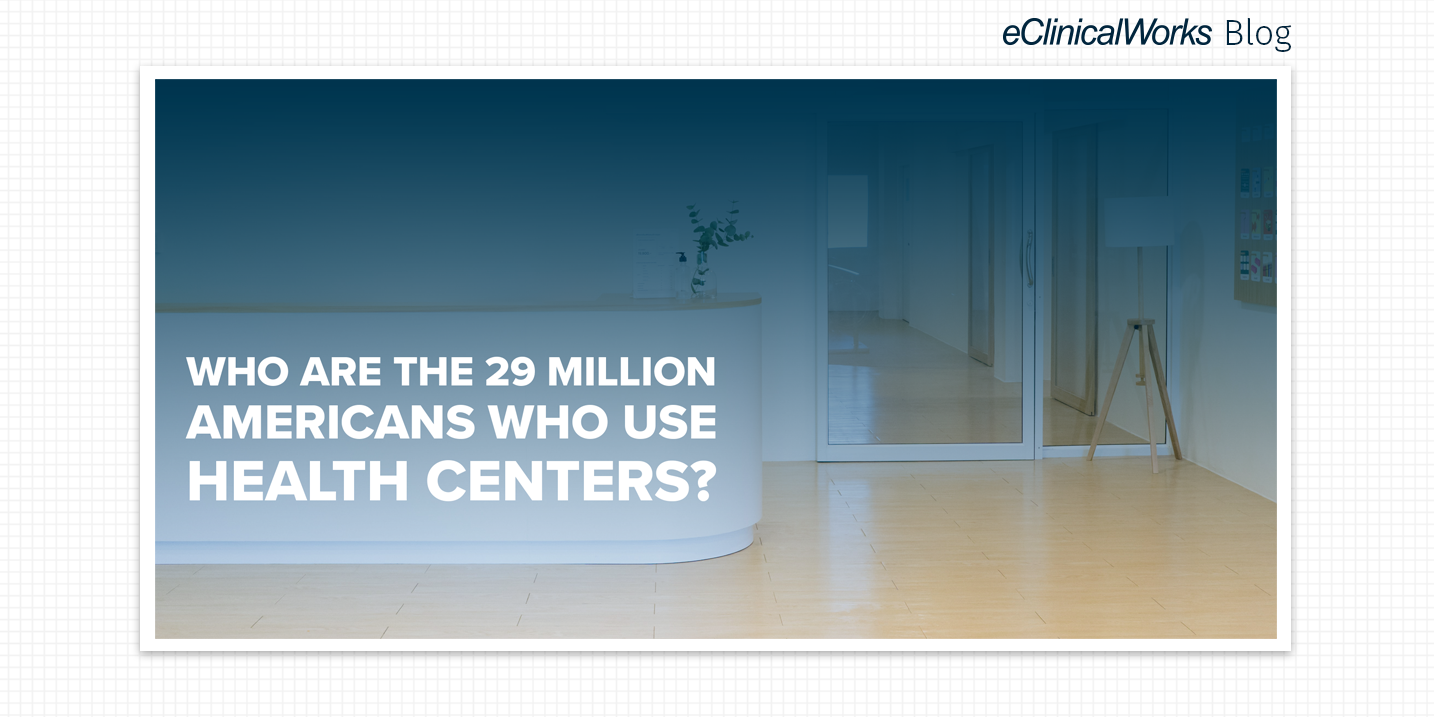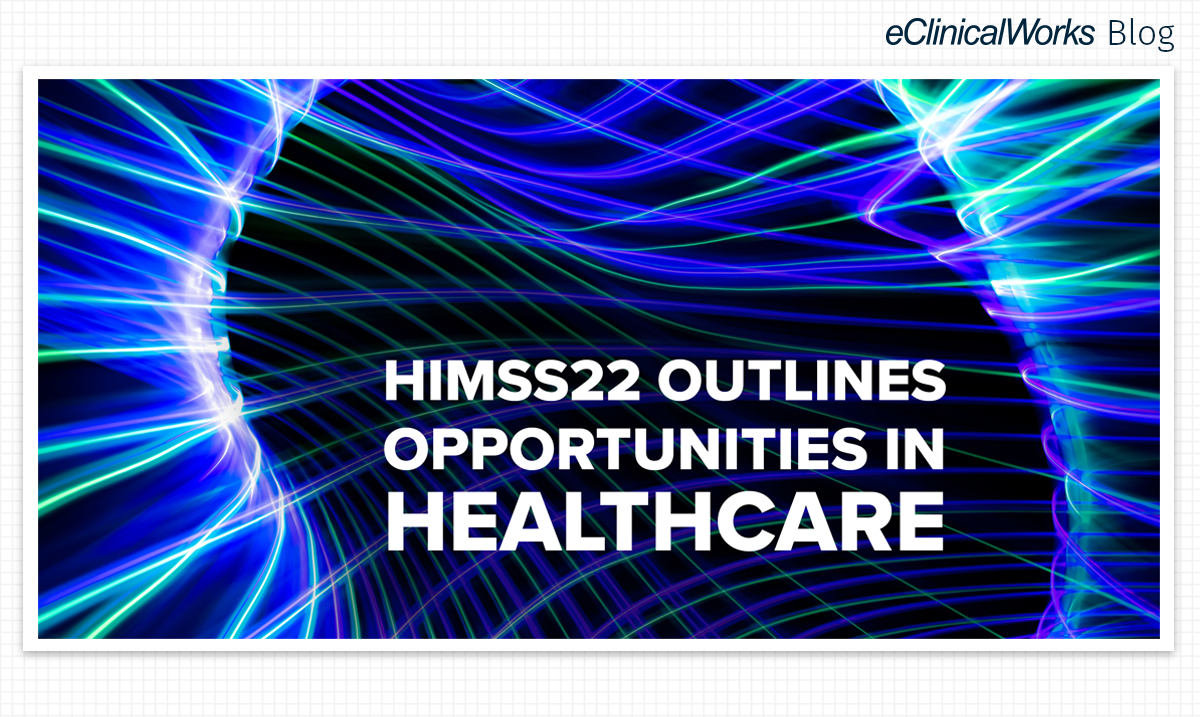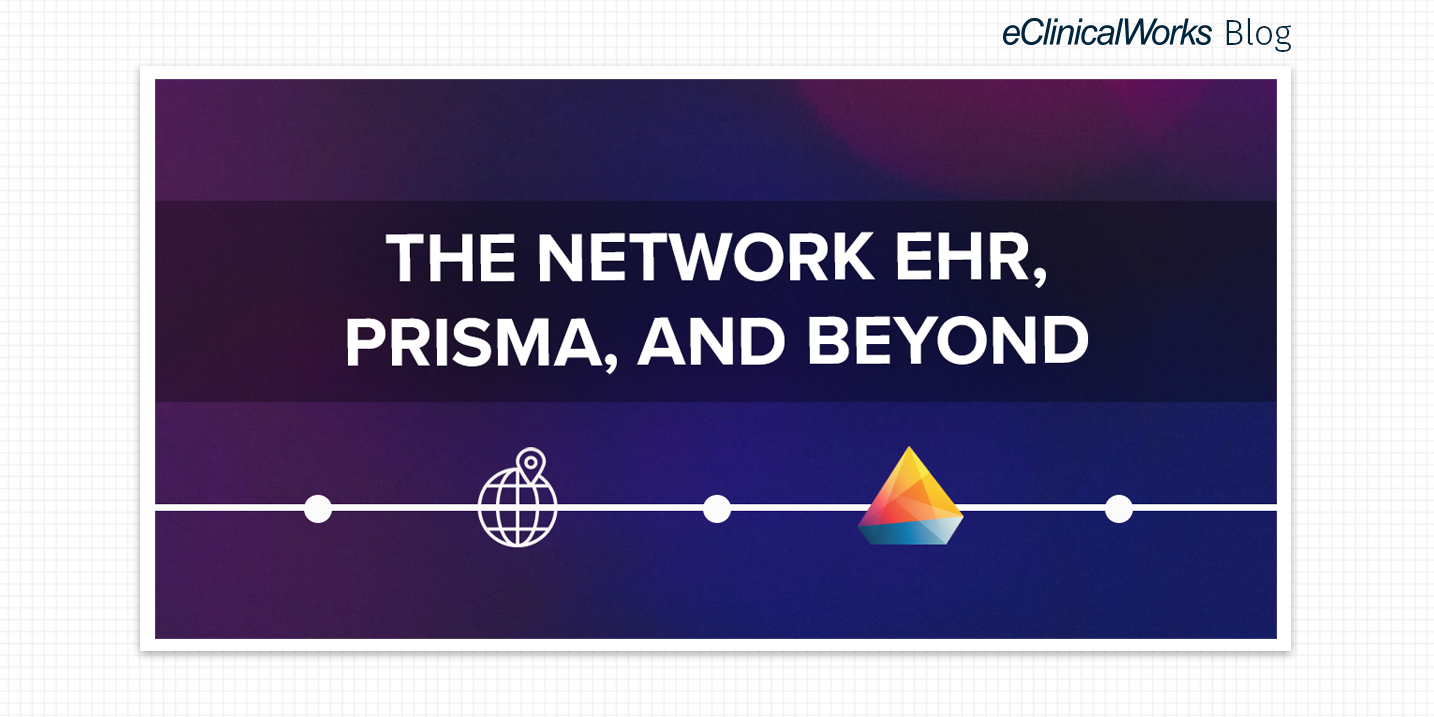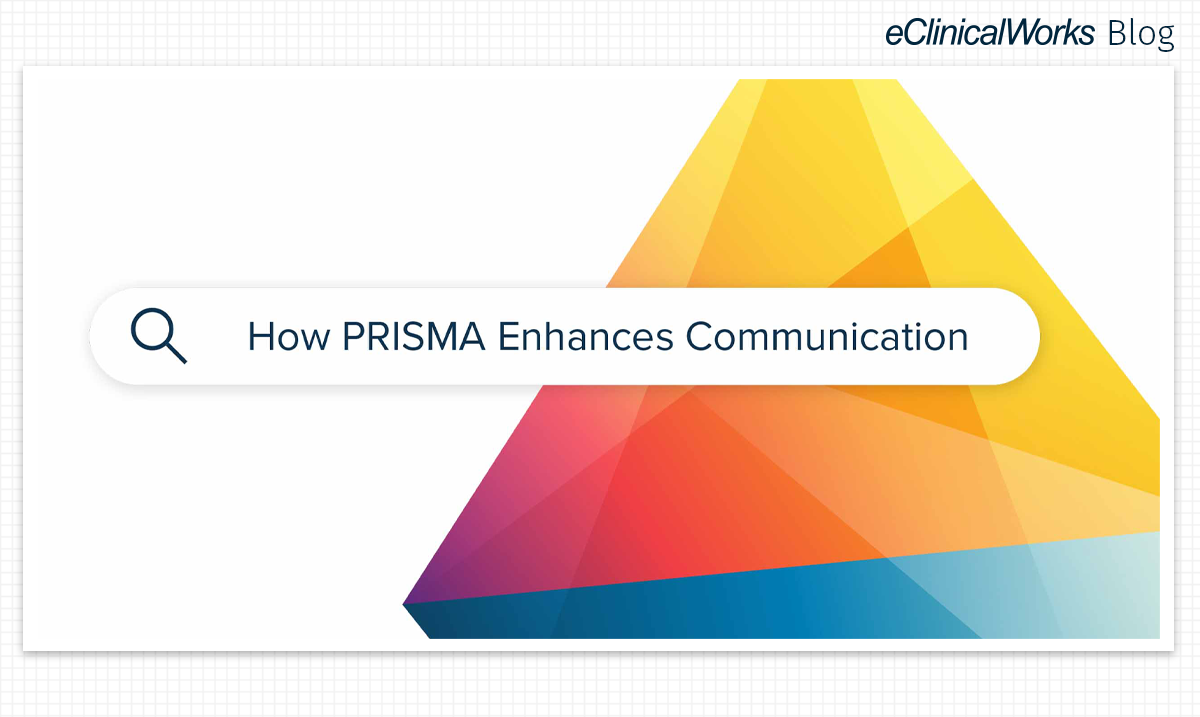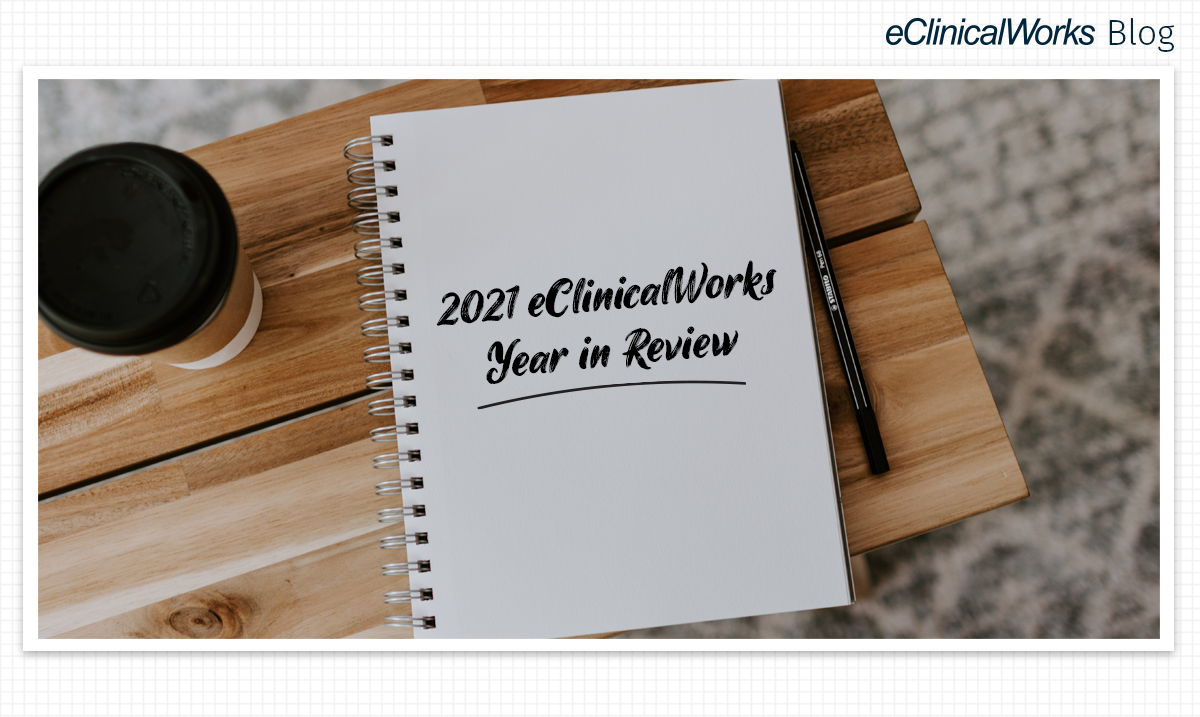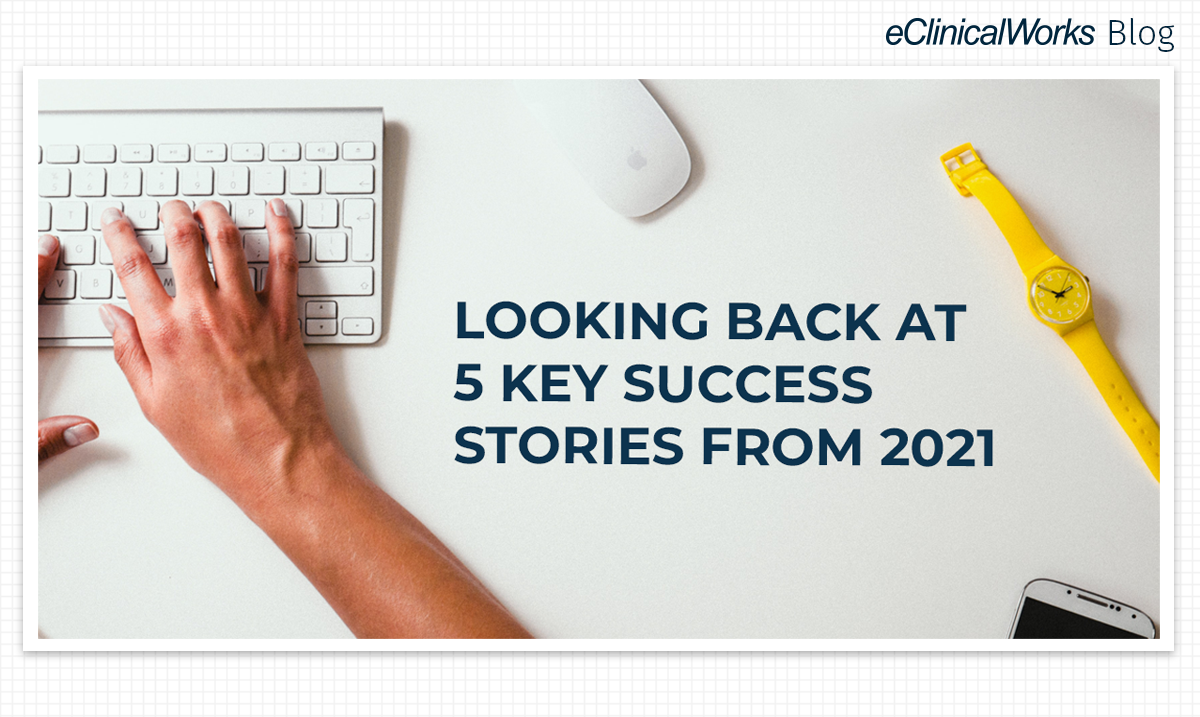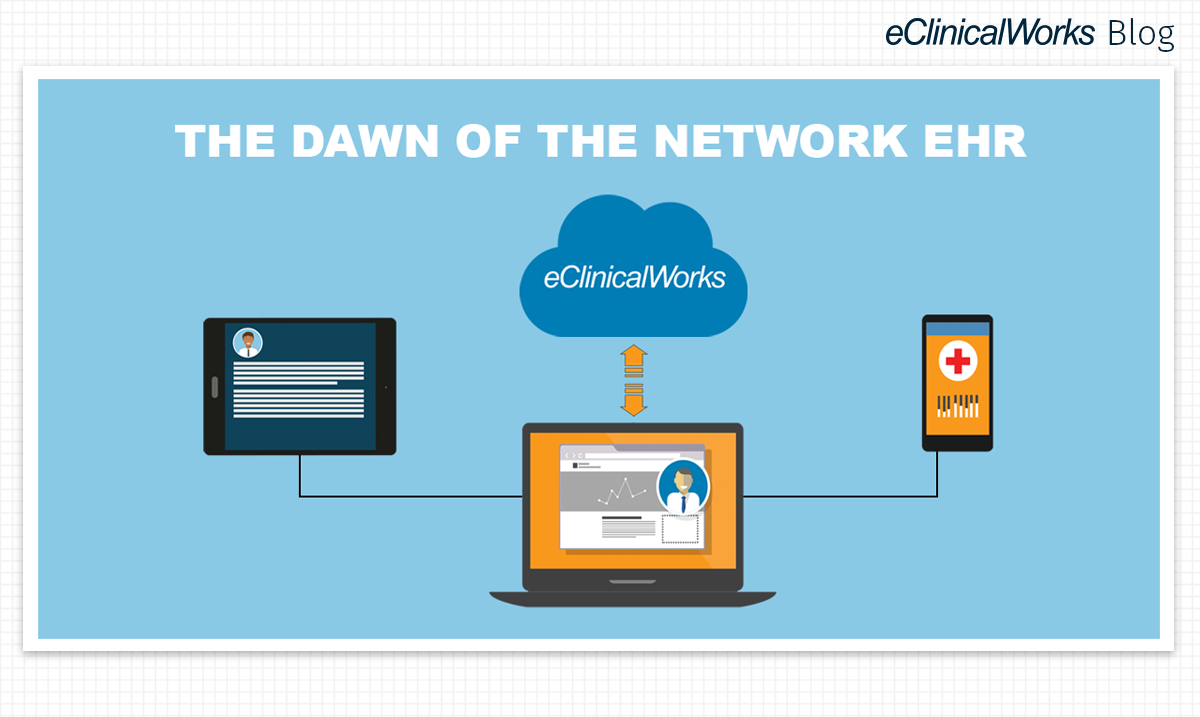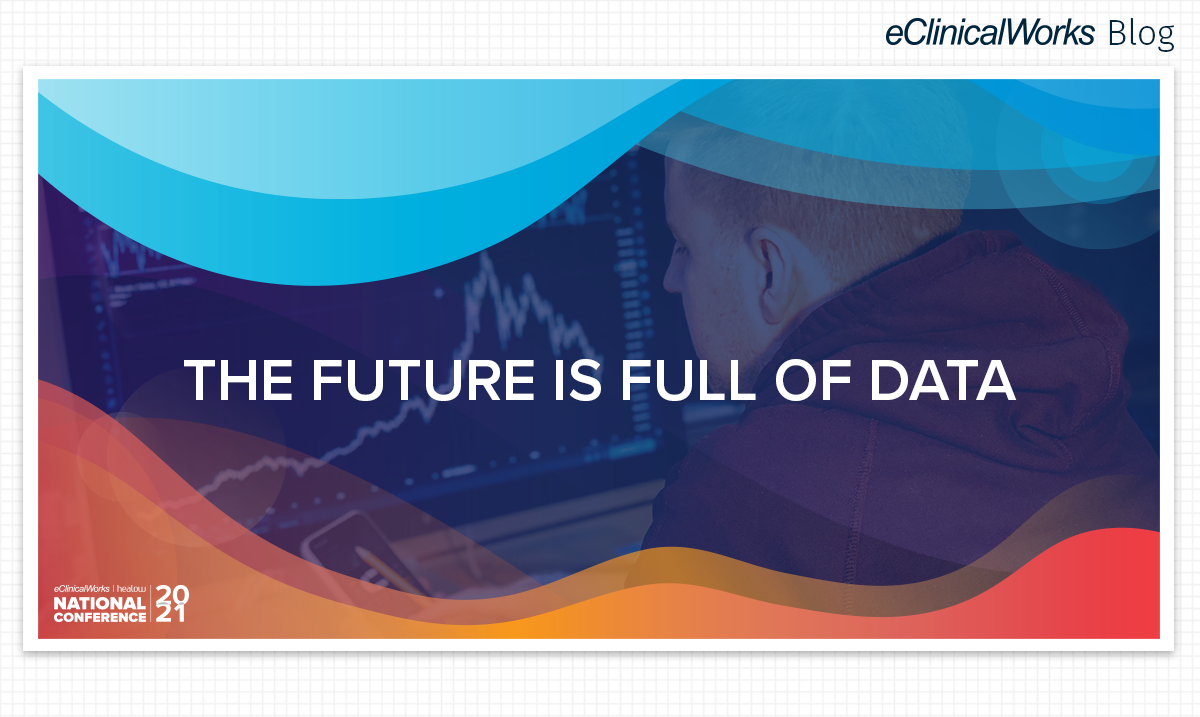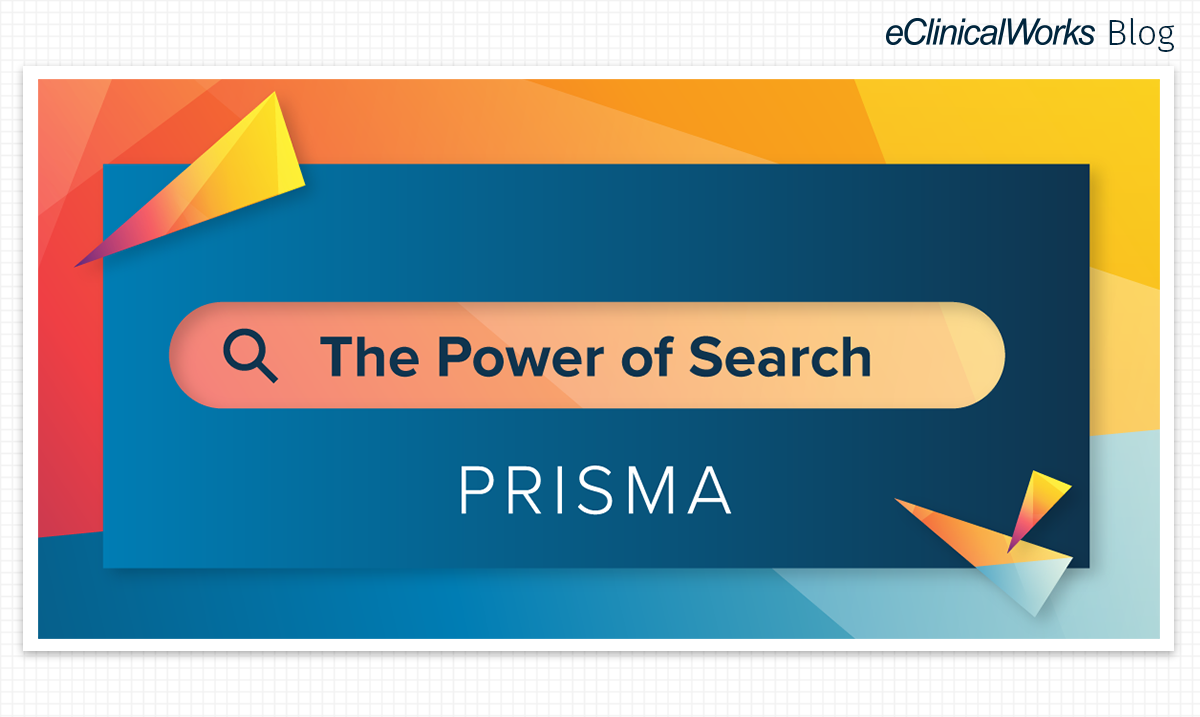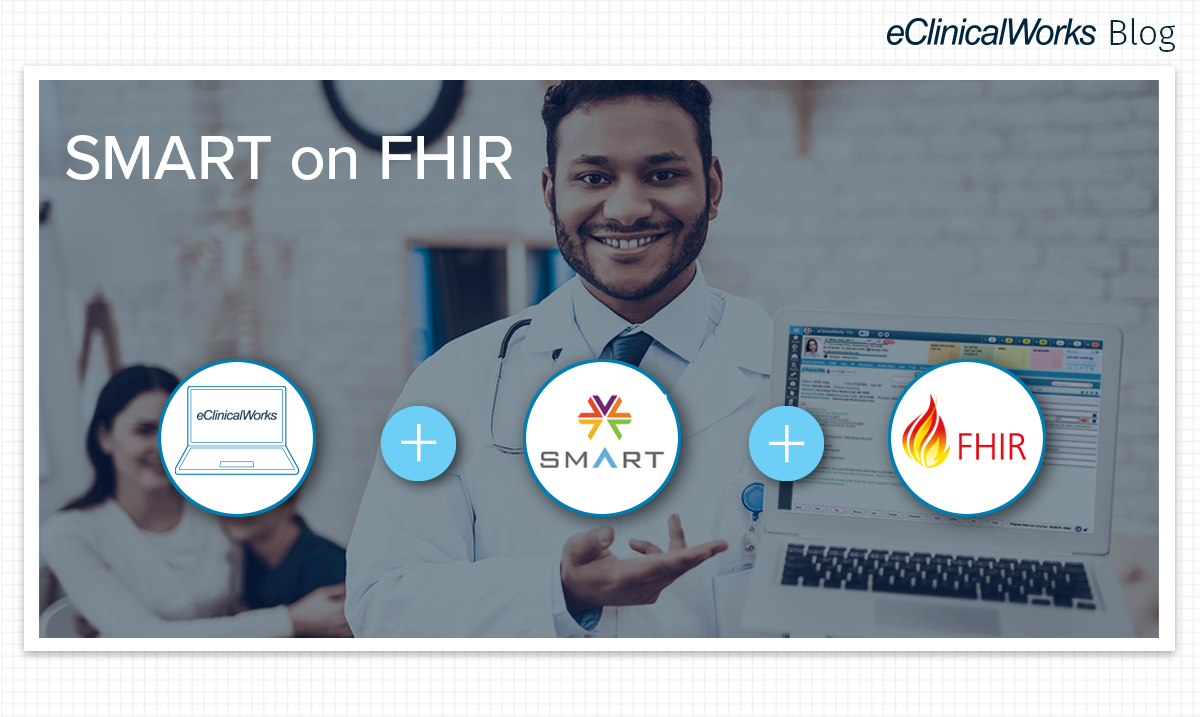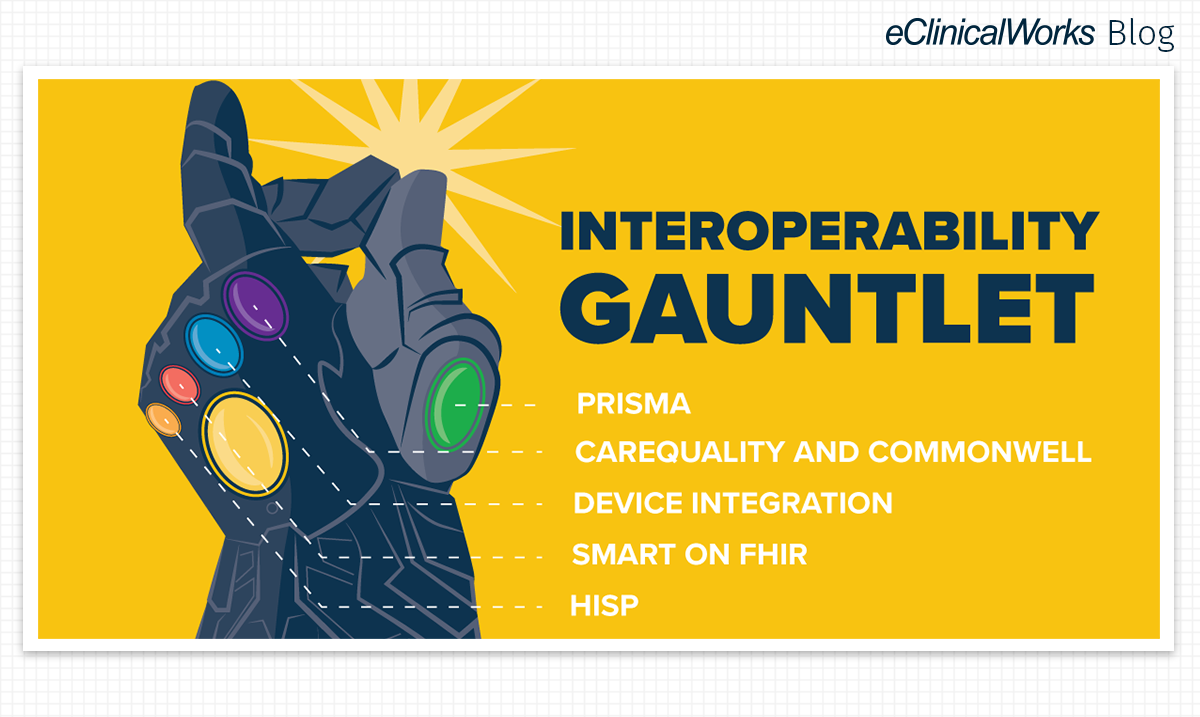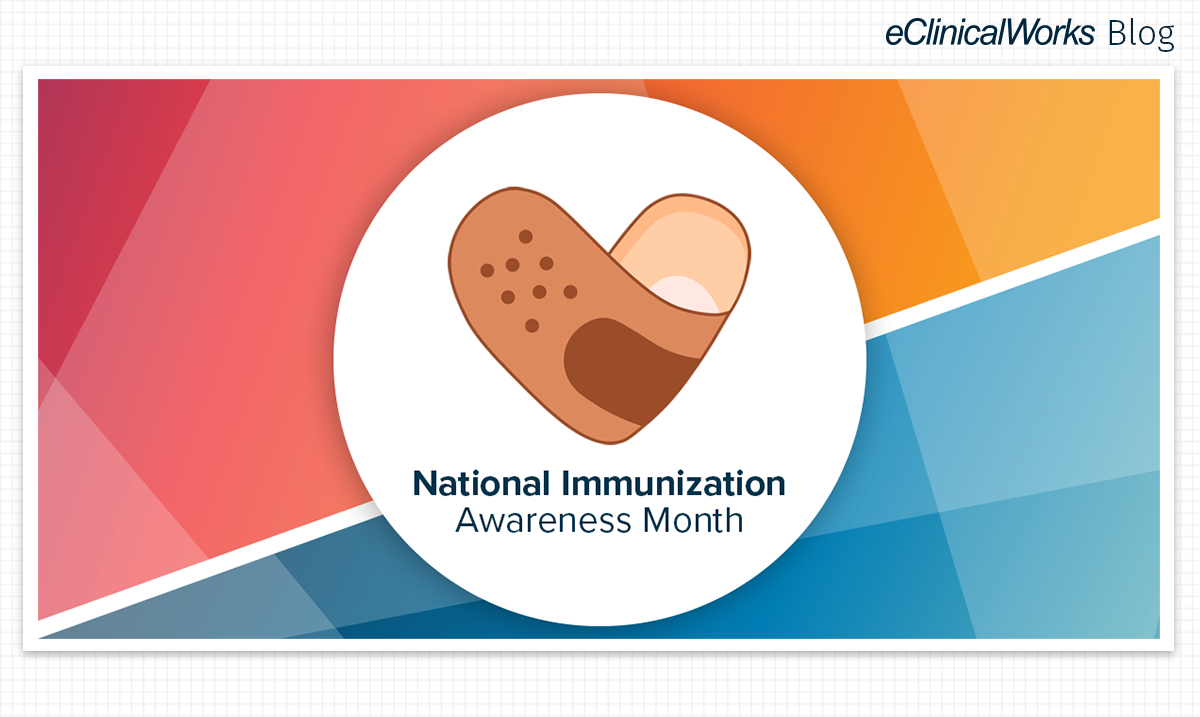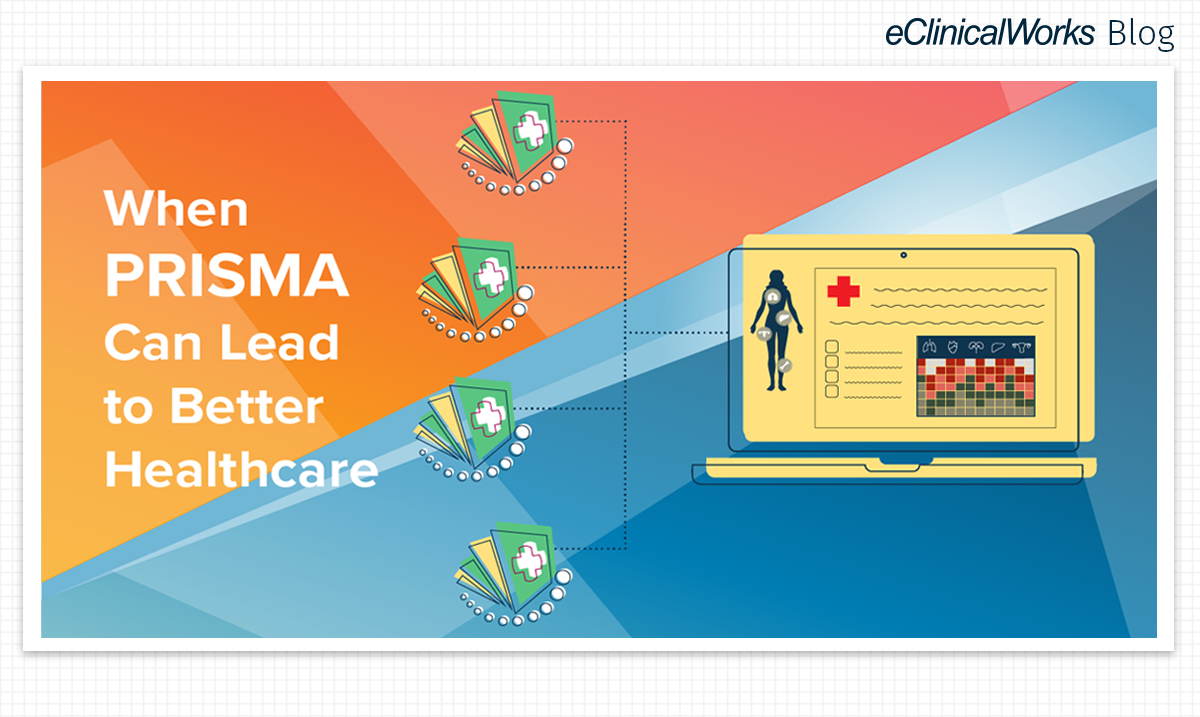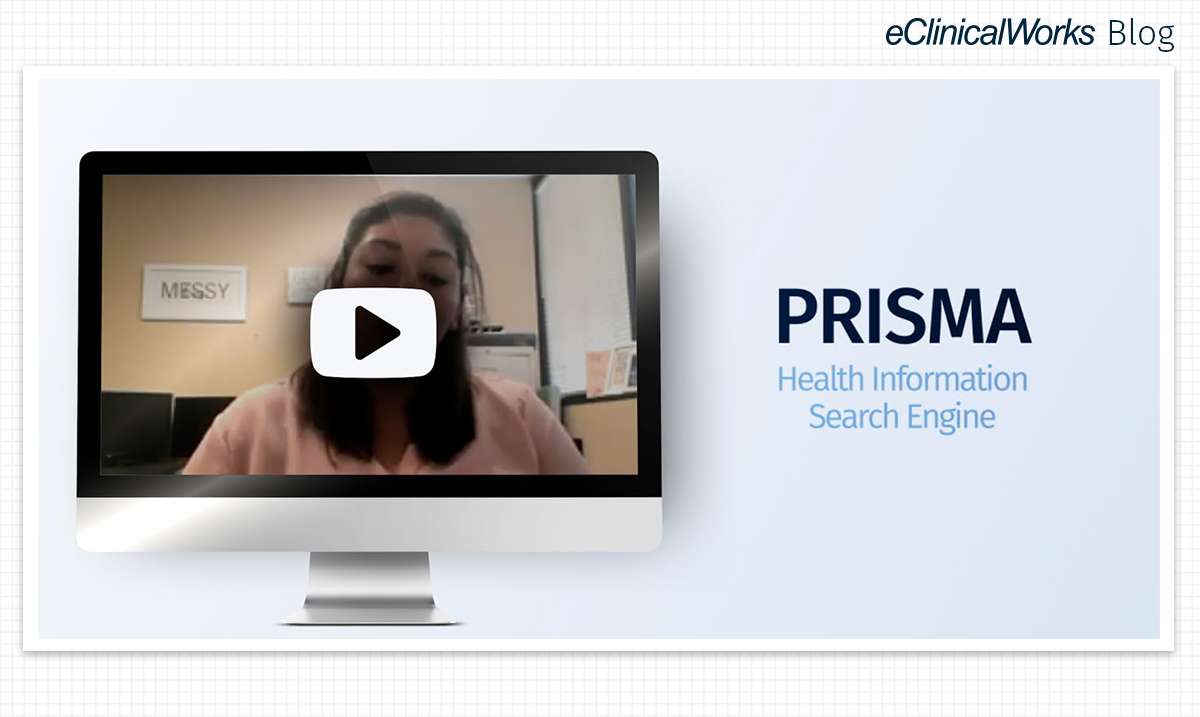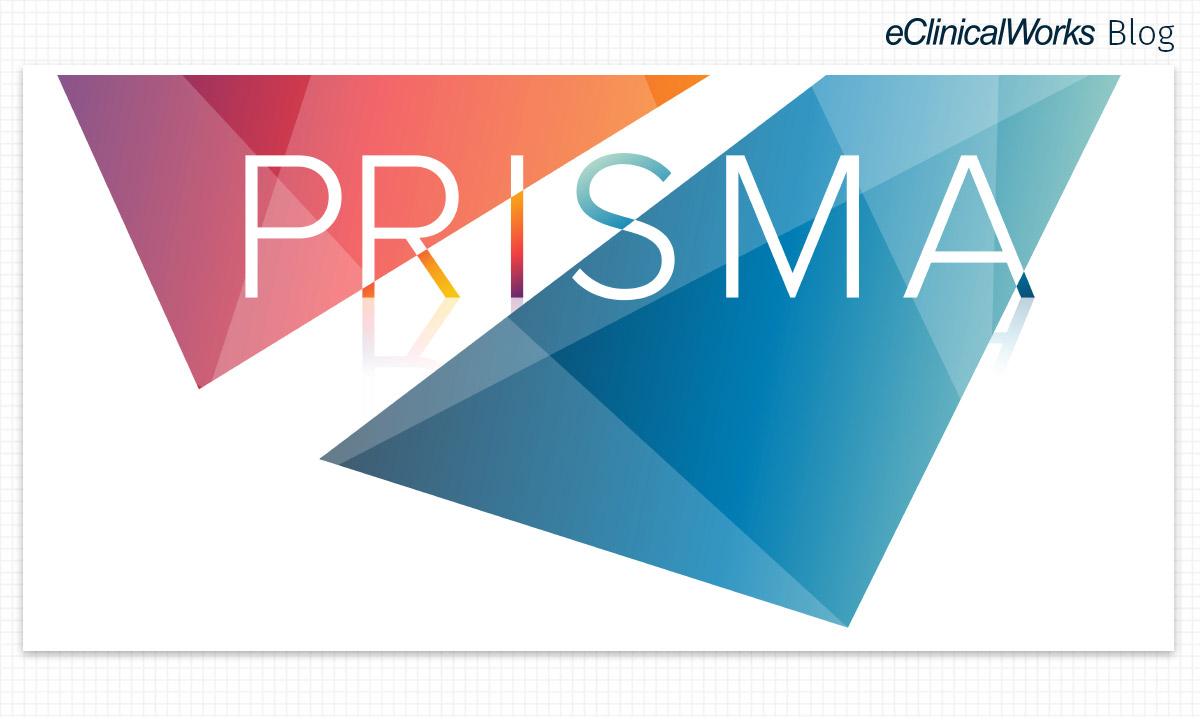According to the 2022 Chartbook from the National Association of Community Health Centers, more than 29 million Americans rely upon community health centers as their primary source of healthcare.
Who Are the 29 Million Americans Who Use Health Centers?
HIMSS22 Outlines Opportunities in Healthcare
Time travel is still the stuff of science fiction, but after two years of a global pandemic, attending a live healthcare conference sure felt like a paradigm shift.
In some ways, the 2022 HIMSS Annual Global Health Conference & Exhibition, held in Orlando in mid-March, felt like early 2020, with in-person conversations, presentations, and networking.
The Network EHR, PRISMA, and Beyond
eClinicalWorks to exhibit revolutionary technologies at HIMSS22
In the mid-1980s, computer science pioneer John Gage coined the phrase “the network is the computer” to describe the revolutionary work at Sun Microsystems. Some 40 years later, eClinicalWorks® is giving Gage’s phrase a twist as we continue to reimagine healthcare IT.
How PRISMA Enhances Communication
The importance of a common language
Delivering effective healthcare is about knowing your patients’ histories, making observations, and asking questions. Usually, provider and patient share a common language.
2021 eClinicalWorks Year in Review
2022 is just a few days away, so we wanted to take a moment to look back at some of the things we’ve accomplished in 2021 to better our healthcare IT solutions for improving care for all.
Looking Back at 5 Key Success Stories from 2021
Lessons to meet the challenges of COVID-19 in 2022 and beyond
Despite everyone’s hopes — and the efforts and sacrifices of vaccine makers, public health authorities, and the general public — 2021 is ending much as it began, with continued disruption and uncertainty caused by the COVID-19 pandemic.
The Dawn of the Network EHR
‘The network is the computer’
During this year’s virtual eClinicalWorks® and healow® National Conference, CEO Girish Navani cited technology pioneer John Gage’s phrase, “The network is the computer.”
Why? Simply because the phrase Gage coined in 1984 is truer today than it was back then.
2021 National Conference: Opening a New Chapter in Healthcare IT
The future is full of data
It’s safe to say that no one knows what to do with 2,314 exabytes of new data. According to statistica.com, that is roughly the amount of new healthcare data generated worldwide in 2020.
But no one has to. After all, the EHR and related systems have given the thousands who work in healthcare the tools they need to stem the data tide.
But there’s a catch: Only a networked EHR is up to the job.
The Power of Search in Healthcare and Beyond
From a thought to reality
The idea that a search could save a life sounds like just that – an idea. Yet that dream has now become a reality. People today can now ask a question and get results almost instantaneously. But it wasn’t always that way.
Theorists like Vannevar Bush were dreaming up ways of creating an associative memory storage and virtual retrieval system as far back as the 1940s. But it wasn’t until the early 1990s that the first search engine got off the ground.
SMART on FHIR: How Apps Are Shaping Healthcare’s Future
Harnessing technology to meet human needs
In 1969, microbiologist René Dubos won the Pulitzer Prize for “So Human an Animal,” an eloquent exploration of how technology must respect the uniqueness and value of human lives.
“Like the evolutionary development of mankind, the experiential development of each individual person consists in an integrated series of responses to environmental stimuli,” Dubos wrote. “In most situations, the effects of the total environment on the body and the mind must therefore be interrelated.”The Infinity Gauntlet of Healthcare Interoperability
Interoperability: Are we there yet?
Without effective interoperability, practices can be stuck in the past. Today, health information needs to move quickly among physicians' offices and hospitals. The goal of interoperability is to allow this health information to flow securely among practices and facilities nationwide.
Maybe you’ve heard of Marvel’s Avengers film series? Even if you haven’t watched them, we promise, no spoilers! To power the Infinity Gauntlet and change the Marvel Cinematic Universe, the supervillain Thanos needed to place the Infinity Stones into their proper places. Interoperability is as multifaceted as the Infinity Gauntlet – requiring multiple attributes that, when put together, have the power to change healthcare.
Celebrating National Immunization Awareness Month
In an article in the Journal of Experimental Medicine, Rino Rappuoli describes vaccines as “a safety belt and life insurance for humankind.” Although there have been skeptics since the first smallpox vaccine in the early 18th century, it’s hard to deny the impact that vaccinations have had in the past and will continue to make around the world.
When PRISMA Can Lead to Better Healthcare
Better interoperability when records appear to be lacking
There’s no doubt that PRISMA, the eClinicalWorks health information search engine, is a powerful tool for obtaining a complete, searchable view of patient health histories. Still, many practices may be wondering how it fits into their workflows to change how they practice medicine.
Using PRISMA to Create Better Patients Records
How Zeid Medical Group leverages the power of interoperability
Zeid Medical Group runs women’s health and pediatric clinics in Tyler and Longview, Texas, that serve about 1,000 patients each month. Like any busy medical practice today, they see a mix of established and new patients who come from all walks of life and have medical histories that range from simple to complex.
Winning the Medical Information Game
How PRISMA can help your practice with interoperability
Your providers thrive when they have access to the latest information on health, illness, and treatments. A 2006 study by the American Medical Informatics Association concluded that when physicians need good information they seek out gold-standard sources, including high-quality medical journals and reputable websites that specialize in their area of expertise.

